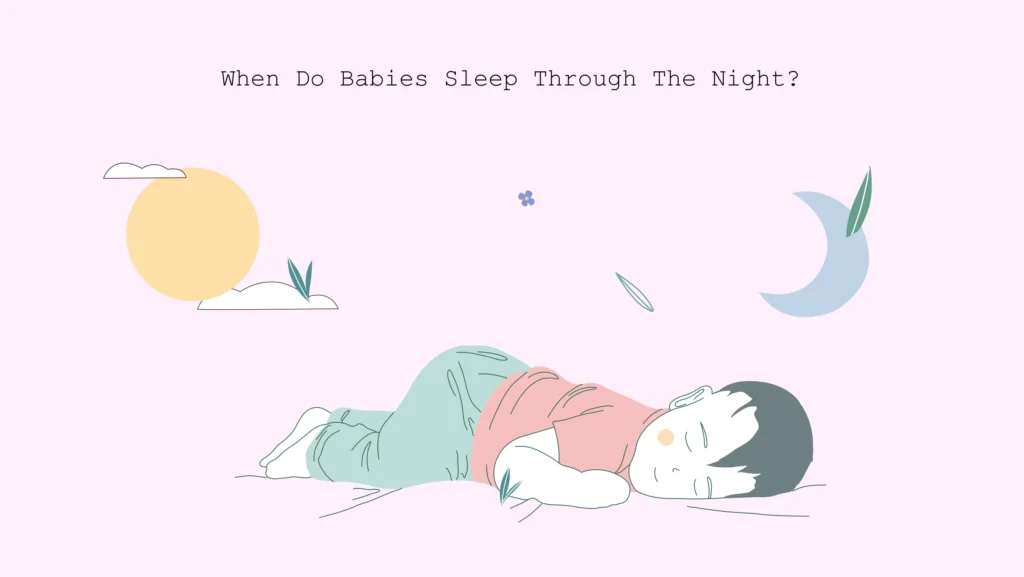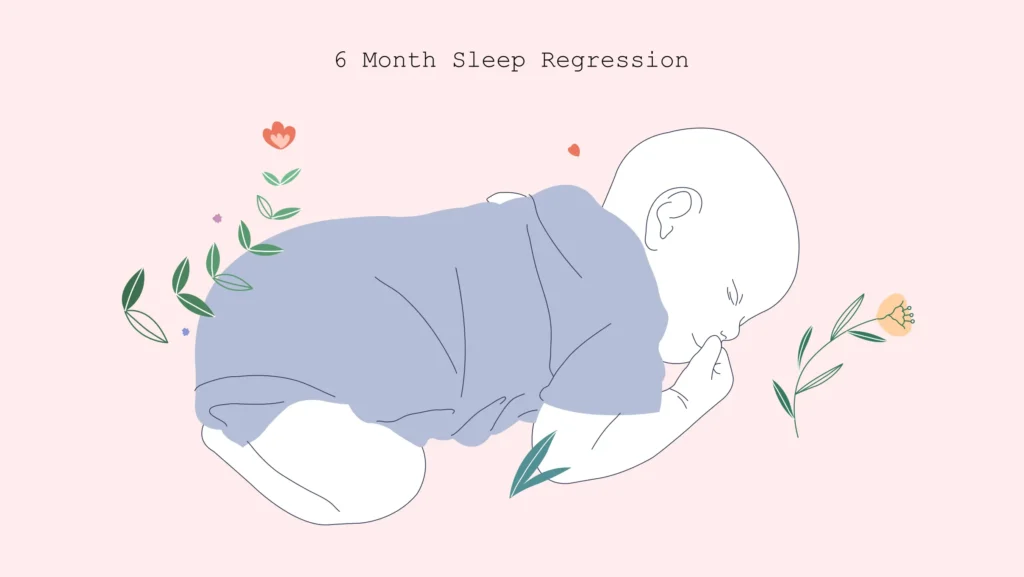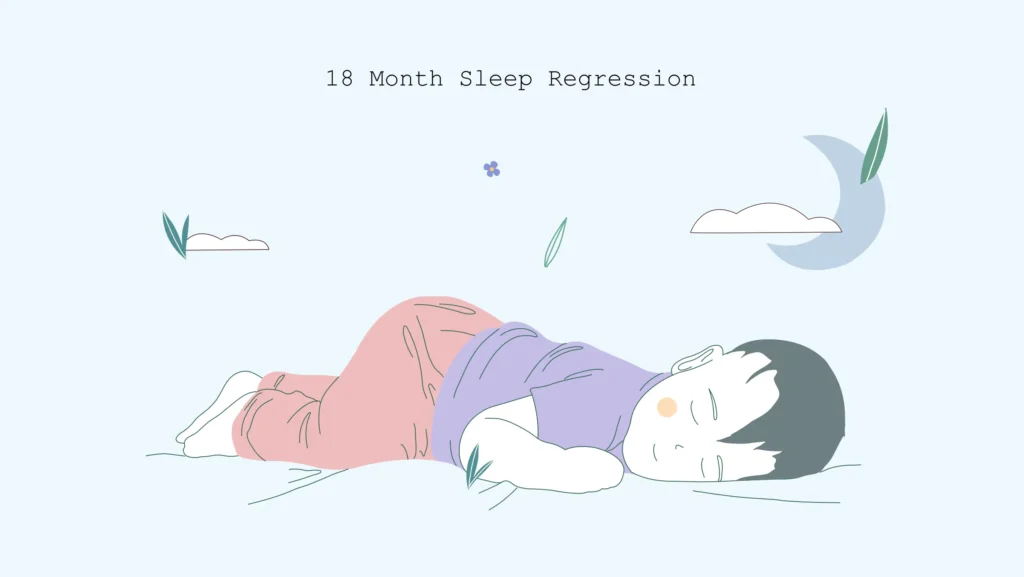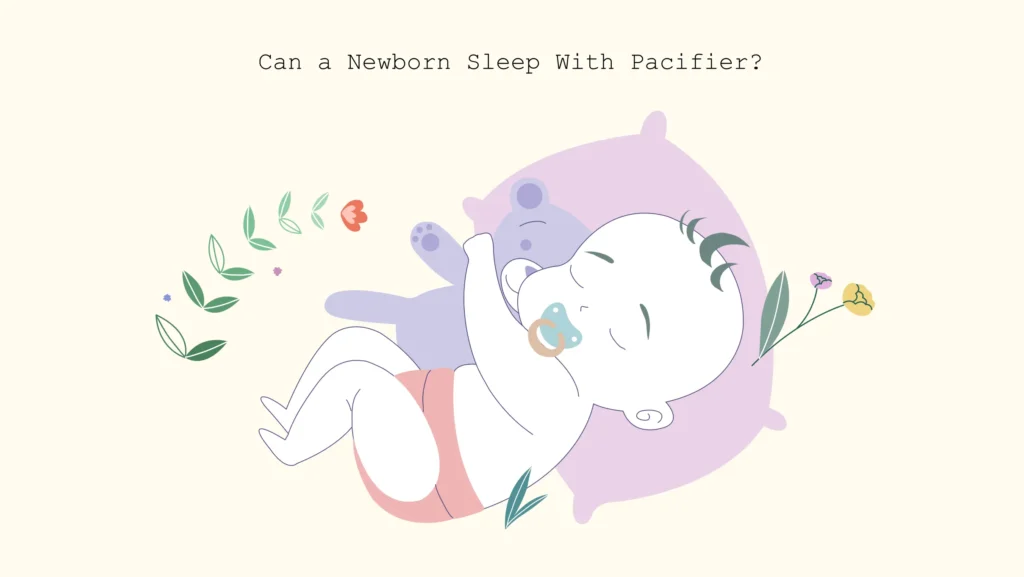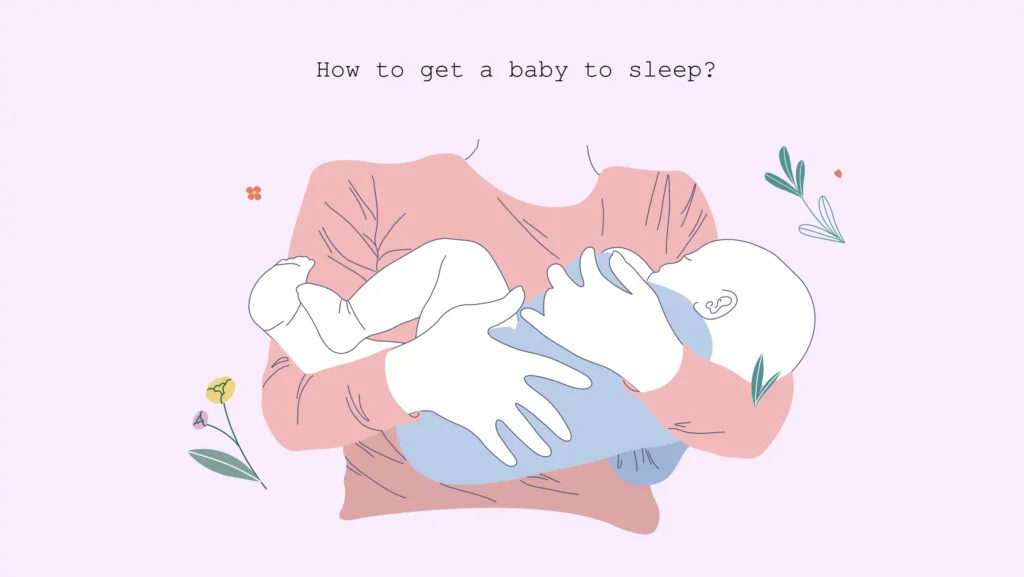Kids and Sleep: Everything You Need To Know
Written by

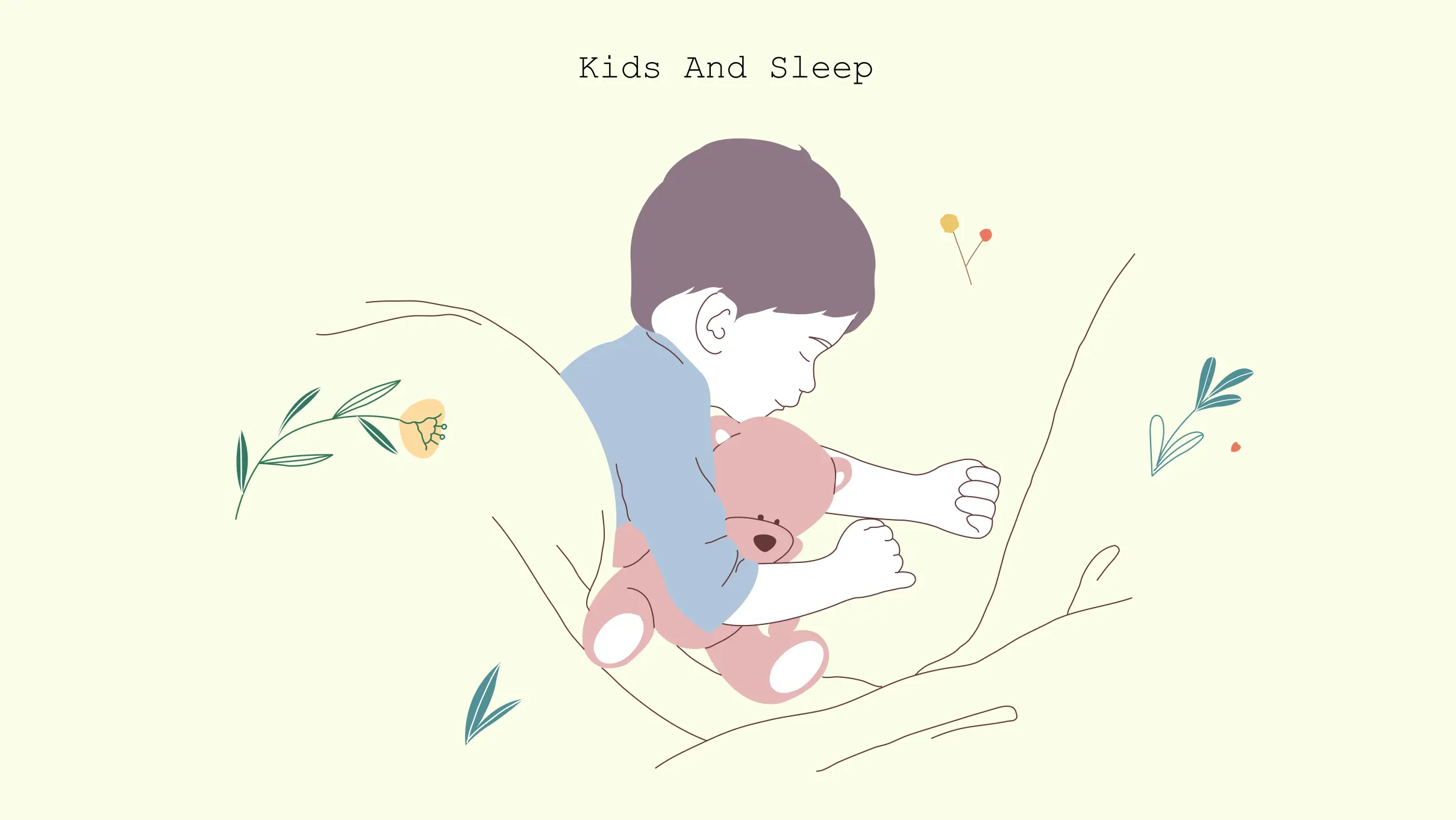
Are you a new parent? If yes, chances are high you have started enduring endless sleep tantrums offered by your child. Your child is not the only one, in fact, around 25.5% of Indian children experience sleep disorders, making it quite an uphill battle to make your toddler sleep. But before helping your child to sleep, it is paramount to absorb the importance of sleep for kids. Only through a blended approach to sleep hygiene, learning how many hours kids sleep, and ensuring that your child is not undergoing any sleep disorder, can you provide a peaceful sleep for your young one.
Parenting can be tedious; therefore, we bring some essential facts about kids and sleep.
Why Is Sleep Important For Children?
Sleep is directly related to a child’s happiness, immunity, healing, brain functioning, etc. All in all, it should always be looked upon that a child gets complete and peaceful sleep. The following are the major benefits of sleep for children, as stated by the Journal of Global Health Reports.
- Develops Immunity: Kids and sleep are highly connected when it comes to building immunity. When children sleep properly, they have fewer chances of getting infected, and even if they do, they get well soon.
- Strengthens Healing: Since kids are introduced to different physical activities, they are also prone to injuries. But, proper sleep leads to fast healing.
- Enhances Brain Functions: Sleep aids in the removal of neurotoxic waste products that gather in the central nervous system. This finally leads to the efficacy of brain functions.
- Perfect Growth: Babies who sleep for longer hours have been witnessed to have longer body growth.
How Many Hours Does Your Child Need?
Getting the exact information about how many hours kids sleep is important for parents. If your kid’s sleep cycle is pretty dissimilar to the hours given, you might need to attend to that factor.
| Age Group | Amount of Sleep Required |
| Infants (0–3 months) | 14–17 hours, including naps |
| Infants (4–12 months) | 12–16 hours, including naps |
| Toddlers (1–2 years) | 11–14 hours, including naps |
| Preschool (3–5 years) | 10–13 hours, including naps |
| School-age (6–13 years) | 9–12 hours |
| Teens (14–17 years) | 8–10 hours |
What Happens When Children Don’t Get Enough Sleep?
If your kid undergoes sleep deprivation, it might have detrimental effects on their health. The first sign of a bad relationship between kids and sleep can be noticed by their irritable or hyperactive behaviour, which might mimic ADHD. Sleep loss might also affect their ability to pay attention resulting in poor results in school. In fact, disturbance in sleep has even been linked to rhinitis. Furthermore, insufficient sleep is associated with a flawed immune system, anxiety and depression. There are greater risks of poor sleep that might result in future cardiovascular diseases like Type 2 diabetes, or high blood pressure.
How Can I Tell if My Child Isn’t Getting Enough Sleep?
It can be challenging for new parents to guess if their baby is not getting enough sleep by seeing their face. Some of the ways that state that kids and sleep are not going hand in hand are:
- You will notice a lack of interest in people and the surroundings
- A tendency to turn faces from active things
- Gestures like pulling ears, rubbing eyes
Tips on How To Make Sure Your Child Gets a Full Night’s Sleep
Every parent wants the best for their children, and watching them sleep deprived can be heart wrenching. For new parents, finding ways to get their children to sleep properly can be troublesome. Below are some tips for kids to sleep better.
Make sufficient sleep a family priority
Your child follows you, and if you engage in bad sleeping habits like sleeping late – they are going to follow the same. Therefore, indulge in fixing a proper sleep schedule for the whole family.
Keep to a regular daily routine
Help your child embrace a smooth daily routine where they are eating, studying, playing, and sleeping at the same time every day.
Be active during the day
Your child must engage in physical activities to attain a peaceful sleep at night. Exercising has often been associated with reducing insomnia and sleep issues.
Monitor screen time
It is necessary to monitor the screen time, especially before bedtime. Ensure that your child is not using any device at least an hour before bedtime. The blue light from the screen might be detrimental to your child’s eye leading to digital eye strain and retina damage.
Create a sleep-supportive and safe bedroom and home environment
Create a bedroom area that will soothe your child to sleep. Keep one or two of their favourite doll or security blankets, and dim the lights while they sleep. All in all, they need to feel relaxed while they sleep and not alert.
Realize that teens require more sleep
Teens require more sleep as their sleep cycle tends to move two hours later at the beginning of puberty.
Don’t put your baby to bed with a bottle of juice, milk, or formula
Only let your baby sleep with water and not a bottle of milk or formula or juice as it will cause tooth decay. This issue is also called baby bottle syndrome, where the baby bottle is used as a sleeping aid which eventually causes tooth decay.
Don’t start giving solids before about 6 months of age
Babies should only be provided with solid foods once they reach 6 months of age and not before. Doing so, before the coming of age disrupts the sleep cycle and causes tummy ache.
Avoid overscheduling
Instead of incorporating way too many activities in the evening, give them time to unwind after school. Overscheduling might cause stress and a sense of unwillingness to complete tasks.
Learn to recognize sleep problems
A child’s most frequent sleep problems are difficulty falling asleep, awakenings during sleep, sleep apnea, and more.
Talk to your child’s teacher or child care provider
Speak to your child’s teacher or provider about their sleeping issues and how they are reacting to sleep even during the day.
Talk to your child’s paediatrician about sleep
If you notice your child is undergoing some sleep disorders, speak to your child’s paediatrician immediately.
When to See a Doctor?
When you notice your child undergoing daytime sleepiness or behavioural issues, it is time to consult their paediatrician. Never provide any medication to your child without consulting their doctor.
Conclusion
As a parent, watching your child experiencing sleep disorder and not getting enough rest should be sad. This is supposed to take a toll on the parent’s minds. Therefore, if you notice any aforementioned problems, it is time to speak to the paediatrician.
FAQs
At what age do kids sleep well?
At around 5 to 11 years of age, kids start sleeping around 9 to 11 hours at night. And, during this time, they start sleeping well.
What helps kids with sleep?
Sleeping around the same time every day, sleeping with their favourite toy or security blanket, and dim lights, are some of the things that help kids sleep.
What are three common sleep problems in early childhood?
During early childhood, the three common sleep problems are resisting going to sleep, waking up frequently at night, and having nightmares.
Are kids who sleep less short?
It is unlikely to have a relation between sleep and height.
people like this article
Written by



